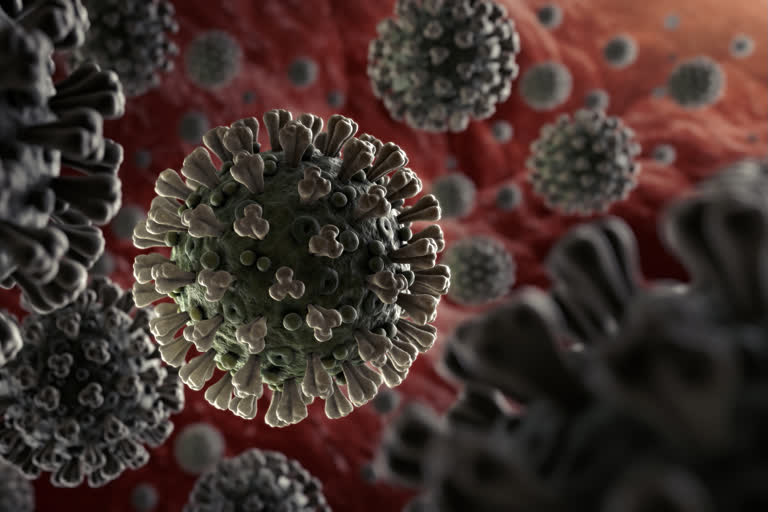New Delhi Scientists have expressed concerns about a study which proposed that stray dogs may have played a role in the origin of the novel coronavirus behind the COVID-19 pandemic, saying that pet owners may abandon their dogs because of these "speculative" findings which need experimental proof.
The study, published earlier this month in the journal Molecular Biology and Evolution, proposed a possible link between stray dogs, particularly their intestines, and the evolution of the novel coronavirus.
According to the study author Xuhua Xia from the University of Ottawa in Canada, the intestines of stray dogs may have offered a conducive environment for coronaviruses to evolve into ones with better ability to evade certain mammalian host immune defences.
Based on this, he suggested the "importance of monitoring SARS-like coronaviruses in feral dogs in the fight against SARS-CoV-2."
However, several scientists have raised concerns if such a conclusion can be made from the study.
"The study is theoretical. It does not provide a functional lab experiment proving that the virus would be less virulent if certain changes mentioned in the study are made," Subhajit Biswas, Senior Scientist of Infectious Diseases and Immunology from the CSIR-Indian Institute of Chemical Biology (IICB) in Kolkata, told Media.
"SARS-CoV-2 evolution in dog intestine is highly speculative at this point, it is just a prediction," Biswas added.
According to virologist Upasana Ray from CSIR-IICB, there is a "possibility" that dog intestines may have helped in the evolution of SARS-CoV-2.
However, she said "this is a hypothesis, and it is better not to nail it on dogs as we don't have direct evidence."
